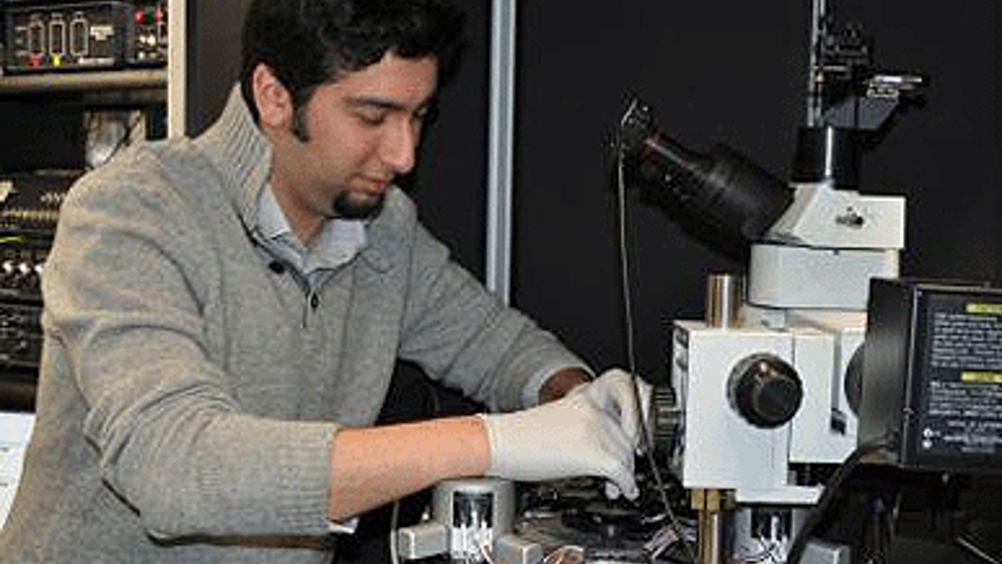Research aids understanding of heat-induced material changes
Research conducted by Southampton and Cambridge universities has led to a better understanding of the changes materials undergo when rapidly heated.

Using equipment and MEMS sensors from Mettler-Toledo, scientists from Southampton University’s Optoelectronic Research Centre and Cambridge University’s Department of Materials Science were able to probe the behaviour of phase-change memory materials — the semiconductors that store information in the next generation of electronics — as they were heated at rates up to 10,000°C per second.
According to a statement, insight and a detailed understanding of measurement results was provided by Prof Lindsay Greer, from Cambridge University’s Department of Materials Science, whose analysis showed that crystal growth rates differed considerably from other materials such as glass and silicon and the behaviour of these materials on such rapid heating was not as expected.
The results, which are published in Nature Materials, show that crystal growth rates are much faster than previously believed in these materials and that the growth behaviour is independent of the surroundings.
The research provides a method of directly screening materials for improved memory performance, which could lead to faster, smaller and less power-hungry smartphones, MP3 players and computers.
Register now to continue reading
Thanks for visiting The Engineer. You’ve now reached your monthly limit of news stories. Register for free to unlock unlimited access to all of our news coverage, as well as premium content including opinion, in-depth features and special reports.
Benefits of registering
-
In-depth insights and coverage of key emerging trends
-
Unrestricted access to special reports throughout the year
-
Daily technology news delivered straight to your inbox










Apprenticeship Funding Cuts to Cost Employers £214m
I had no idea the taxpayer was funding such an advanced level of education. Certainly graduates and post-graduates don´t receive comparable financial...